Moving to Denmark from Dubai in 2021 takes careful preparation and attention to details and documentation. We provide everything you need to know before moving from Dubai to Denmark. Start your move today by obtaining up to 6 competitive moving to Denmark quotations FREE.
Moving to Denmark conjures up colourful crooked houses, a safe and secure place to live, hospitable people in a progressive, fast-changing society. But what are the key challenges people face when relocating to Denmark?
The key when relocating to Denmark is research and preparation. Work permits and visas can be a little tricky if you are moving from outside the EU. Housing especially in Copenhagen is expensive and whilst English is commonly spoken, learning Danish is encouraged. Employment, healthcare and finances are all notable considerations ahead of your move to this wonderful country. Fortunately, we cover all this and much more in our ultimate moving to Denmark guide.
The Danish people are known to be lovers of anything and everything beautiful. So, if you share their aesthetic sense, you won’t have a hard time blending in with the community. Aside from this, the Danish people love to eat and ride bikes, making it easy for them to appreciate the simpler and finer things in life. If you’re ready to move to this side of the country, we got you covered.
Now is the right time to set your moving plan in motion. If you’re wondering if it's hard or easy to move to Denmark, the answer is it depends on several factors. If you’re worried that language might be a problem, you’ll be happy to know that most Danish people speak English very well. This means you won’t have a hard time communicating with them. But if you want to integrate with society faster, it’s best to learn some conversational Danish words.
One of the many benefits of immigrating to Denmark is access to free healthcare and education. The advantages are so huge that it far outweighs the duty of having to pay heavy taxes. But before you can take advantage of these benefits, you need to sort your visa, work permits, accommodation, finances, and other aspects of moving.
Take note that finding accommodation in more populous cities like Aarhus and Copenhagen might be challenging, so you need to sort this matter the soonest time possible. Danish banks might also impose higher fees, so you have to settle this one, too.
Fortunately, we did much of the legwork for you. Our expats’ network helped us develop this guide to share the most insightful information to you on topics like lifestyle, cost of living, visa, banking, taxation, healthcare, and education. With these sets of useful information we will share, you can avoid the most common issues and setbacks expats might experience.
So, what do you need to move to this part of the world? Well, if you’re an EU citizen, you’re lucky because you can’t enter and stay without a visa. On the other hand, if you’re from a non-EU country, expect that you will be asked for a Danish visa before being granted access to the country.
Nordic citizens are also granted better privileges. But regardless of your country of origin, we will make things easier for you. So without further delay, let's look in more detail about moving to Denmark

The culture of the country is often overlooked. Most of the time, people think that if they have the money and have a job in the country they are relocating to, they will do just fine. They tend to forget that they also need to learn the people living in that country. Knowing the culture of the people keeps you from experiencing culture shock. So let's do our homework and learn some of the ways of the Danish people.
The Danish greeting is usually casual, with a warm smile and a firm handshake. They also introduce each other by their first names. Take note that when people arrive and leave, you have to greet them separately. You should shake hands with the women visitors first.
The Danish people must be courteous to everyone, especially when they’re in public. You see, the Danish culture is considered as one of the most egalitarian cultures in the world. This is reflected in their job positions, et this is reflected in their job positions, ethnicity, genders, and so on.
Remember that you need to moderate your tone of voice when you’re in public to avoid calling attention to yourself. This means that you have to behave appropriately in public. You should avoid playing loud music or talking loudly while in public transportation.
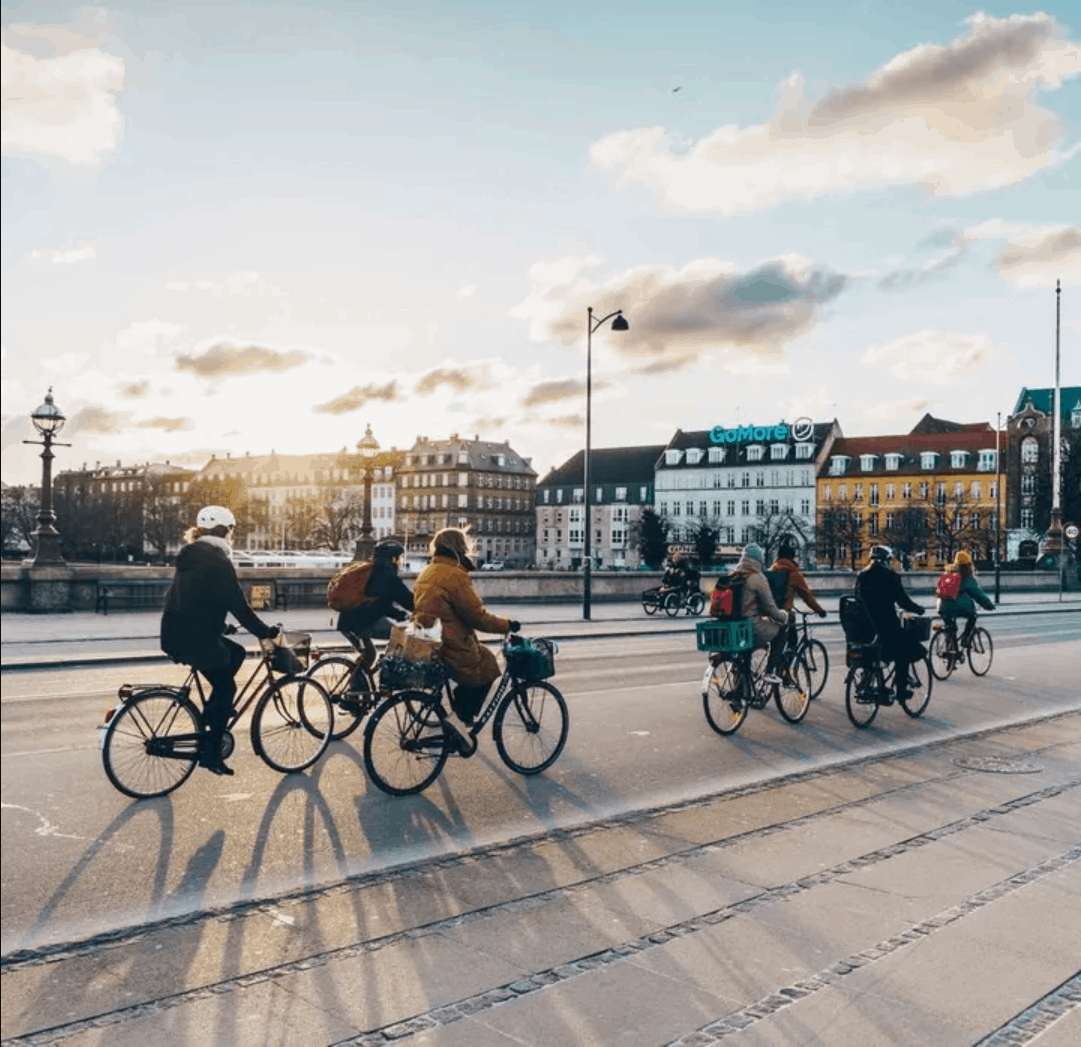
As a general rule, it is customary to bring any gift if you are invited to dine at any Danish household. It could be a box of chocolate or a bottle of wine. You can also bring flowers if you want. Make sure to arrive on time because Danes are punctual, whether for a business meeting or a social gathering.
One of the many benefits of immigrating to Denmark is access to free healthcare and education. The advantages are so huge that it far outweighs the duty of having to pay heavy taxes. But before you can take advantage of these benefits, you need to sort your visa, work permits, accommodation, finances, and other aspects of moving.
Tipping is not expected when dining out in a restaurant in Denmark. This rule also applies if you're riding taxis. But though these practices are uncommon, you are still allowed to do it. It’s just that you’re not expected to extend such courtesy every time.
The Danish people have an egalitarian social structure. And this is reflected in their social groups, genders, business, and family relationships. If you study the Danish language closely, you will see that they only have gender-neutral words. In their society, men and women are used to and treated equally. This means that they occupy leadership roles in business and receive equal pay. This also explains why they don't call people with their titles. Instead, they call each other on a first-name basis.
One of the most important considerations, when you want to move to another country is the cost of living. When you fail to assess the cost of living in the country you’re moving to, you may run the risk of getting bankrupt in the process. You don't want this to happen to you, right? Read on and find out whether or not you can afford to live in Denmark.
As always, your cost-of-living would highly depend on which area of the country you wish to settle in. Living in Denmark can be expensive if you choose to settle in the most popular cities like Aarhus and Copenhagen. In fact, Copenhagen is considered one of the most expensive cities globally and is also in the top 15 most expensive European cities to live in.
On a brighter note, the salaries and wages of workers in Denmark are also considered one of the world’s highest. In Copenhagen, you can find work that pays salaries as high as $7,850 per month. The lowest salary you can find would be in North Jutland, and that’s at $6,800.
Aside from Aarhus and Copenhagen, Aalborg and Odense are among the most expensive. The more affordable cities include Vejle, Randers, Horsens, and Esbjerg. The cheapest areas are Falster, Lolland, Langeland, Southern Zealand, and the other regions within the southern islands. If you want to live in these areas, know that public transportation, cultural activities, and employment are scarce in these regions.
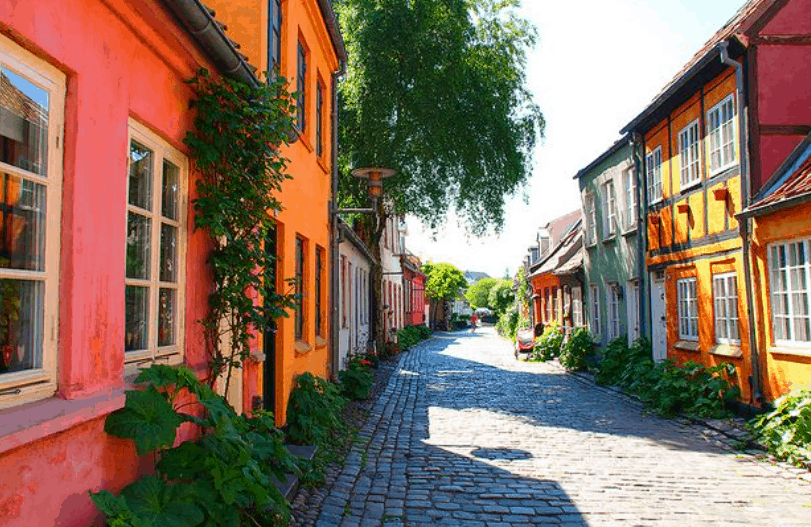
For a single person, you need at least $790 for your monthly expenses in the country. For couples, you’ll need around $1,450 per month. And if you have kids, expect that your monthly expenses could go as high as $2,000. These estimates are exclusive of rent.
If you enrol your kids in public schools, it’s free. However, if you wish to enrol them in private schools, expect to pay around $400 for kindergarten. This could reach $8,400 if you register your kid in a private international school. The healthcare cost is also free if you opt for public healthcare provided by the state. The only thing you need to pay for is medication, which can range from $8 for painkillers to $11 for antibiotics. If you intend to consult with a private doctor, expect to pay $250 for his service.
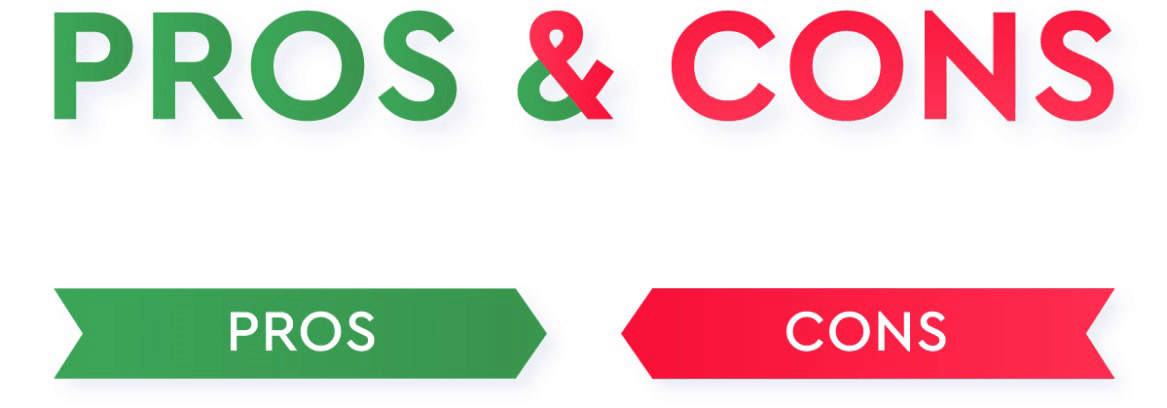
OF LIVING IN DENMARK
Moving to Denmark is easy if you're from an EU or EEA country. This means that you won't have to get a Danish visa to be granted entry in the country. Citizens of Nordic countries also have to obtain a visa. If you're a non-EU citizen, that's the time that you have to get a visa.
If you belong to the latter category, don't worry. The application process can be done online through the Danish local immigration platform. If you belong to the latter category, don't worry. The application process can be done online through the Danish local immigration platform. In the said platform, you will see a complete list of all the visa requirements.
The first step usually involves presenting a work contract or a promise from the employer that you will be given a job once you arrive in Denmark. The good thing is after you submit your visa application and requirements, you don't have to wait for a very long time to get a response. In fact, some visas can be processed, approved, and released in less than two weeks.
In terms of the visa cost, please prepare at least $500. This already includes your residence permit. In fact, when you apply for a visa, you're also automatically applying for your residence and work permits. After getting your visa, you need to register with the government to get your Danish tax number.
If you wish to bring your pets with you, make sure they have the necessary vaccinations and certifications from your vet. Make sure that your pet is not included in the prohibited pet list.
When moving to Denmark from Dubai, with Household Goods and Personal Effects
For a more in-depth look at documentation please check the International Association of Movers.
One of the most crucial aspects, but you should look into before you move to Denmark, is whether you need a Danish visa and work permit. If you're one of the nationalities that is required to secure a visa, here are some necessary information that you need to move forward with the task
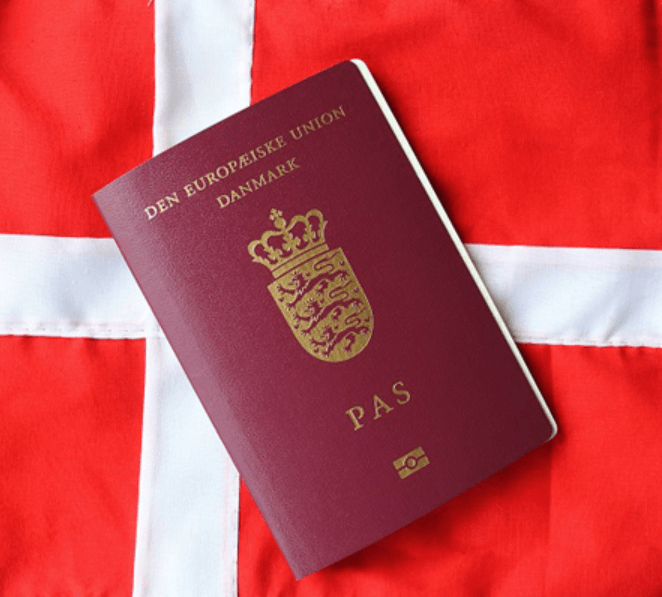
Like in other countries, the type of visa you should apply for would significantly depend on your purpose and specific circumstance. Here are the different types of visa that you can choose from depending on your particular circumstance:
As mentioned above, those from Nordic countries don't have to apply for a residence or work permit; they can just stay in the country with their family members. In their family members, they can also stay if they are nationals of these Nordic countries. To prove their identity, they only need to present their bank card or driver’s license.
EEA and EU citizens who wish to work in the country need to follow certain immigration rules set by the Danish Immigration Service and The Danish Agency for International Recruitment and Integration.
For those required to get a visa, remember that you won't be allowed entry in the country if you only have a Schengen visa. This visa will only grant you the right to stay in the country for at least 90 days. If you wish to stay longer, you need to apply for a work and residence permit.
Since these nationals are not required to get a visa, they only have to register with SIRI. This should be done in person by visiting any SIRI branches in Aabenraa, Aalborg, Aarhus, Odense, and Copenhagen. Make sure to book your schedule with them ahead of time. These EU nationals will have to present the following requirements:
Citizens from other countries need to submit the following documents:
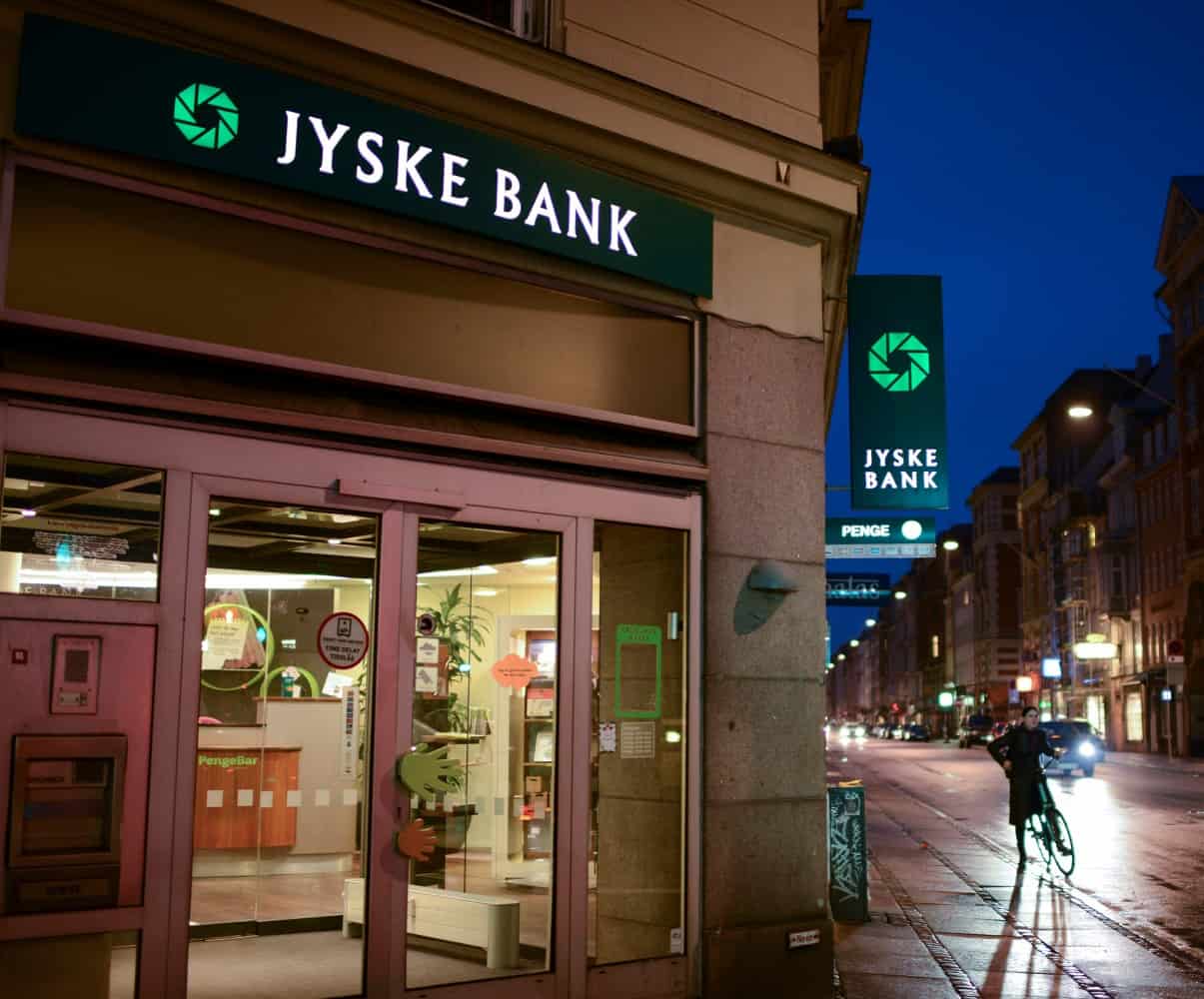
If you want to open a bank account in Denmark, you need to be in the country, and you also need to be a registered resident. You won’t find non-resident Danish bank account holders in the country. The requirements provided below will show that you need to be living in the country.
Here are the best banks that expats can open an account with :
The Skattestyrelsen or the Danish Tax Agency regulates the taxes in the country. Compared to other countries, people in Denmark pay higher taxes. In return, they also get better benefits in terms of healthcare, employment, and education.
The good news is you can submit and pay your taxes electronically. When you’re ready to pay your taxes, you only need to inform the tax authorities of your expected income and tax deductions. This is referred to as the preliminary tax assessment. It includes a corresponding tax card that can be used by your employer to withhold your tax dues. If you don’t submit your tax, your employer will be obliged to withhold at least 55%, on top of the 8% AM tax.
The authorities will issue a tax assessment every March the following year. The taxpayer will then have to review, assess, and add items that they missed and have the same done on or before May 1st.
The climate in the country can be characterized by mild summers and cold winters. And since the ocean influences the state, the weather here is not as cold as you expect. In fact, you can expect wind, rain, humidity, and clouds. Being a small and flat country, you can expect little climatic differences with the different regions. However, the Jutland peninsula and its western coasts are usually rainier, windier, and milder than the other parts of the country.
70%
6
16oC/61oF
1oC/34oF
9
71%
22oC/72oF
5oC/41oF
1oC/34oF
It’s not easy to find accommodation in Denmark. So if you’re looking to rent or buy a property, know that the prices are higher than you imagine. If you want to bag the best deals, you have to understand the local real estate market. Ex-pats who settled in the country before said that the market tends to be less fair to ex-pats than the native Danes. This means you might have a difficult time getting a reasonably priced mortgage rate.
You might spend quite a lot on a Denmark house. The rent in the country can go as high as $1,400 for homes within city centers. In Copenhagen, rent can go as high as $2,600 a month. Plus utilities, you can expect to pay a total of $1,540 to $2,740 per month.
If you wish to buy a property in the country, the cheapest houses range from $160,000 to $500,000. Know that the properties within this price range are usually fast-selling, so brace yourself for competition. This also means that you might have a hard time bargaining. On average, a 140-square meter apartment can cost around $320,000.

The health insurance and healthcare system in the country can take care of all your healthcare needs. If you choose public healthcare, this will be for free. The good thing about this is that though you have to pay higher taxes, you also get better service, especially in the healthcare sector. Medical staff and doctors are qualified and trained. They also have an efficient data storage system that makes your medical information accessible by different medical professionals nationwide. This will make sure that you get proper treatment regardless of your location.
Yes, the country offers free healthcare for both residents and citizens. The said system is regulated by the governments, with most of its services provided at a regional level.
General practitioners and hospitals are efficiently managed at the regional level, leaving school health services, home care, and nursing homes operated by municipalities. There are only a few specialized hospitals that are centrally managed.
The government does not subsidize some services, so these need to be paid out of pocket partially or entirely. Here are a few of the unsubsidized public healthcare services:
The moment you register and get your CPR number, you can now access the country’s free healthcare. You can now choose a general physician. If you want to see a specialist, you’ll need your GP’s referral. You might need to book your GP appointment online if they give you a particular access code. The prescriptions that they’ll issue can be picked up at the pharmacy at any time.
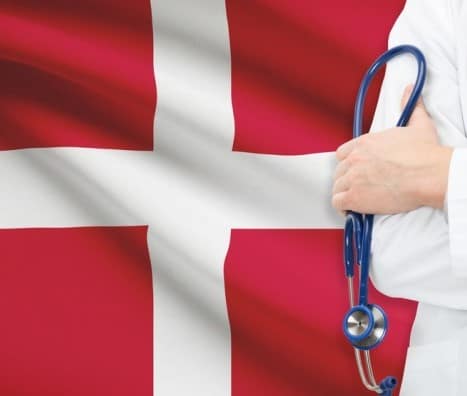
This is also called the Sundhedskort, and it is your ticket to enjoy the state-provided free healthcare. This is like a health insurance card that applies to residents and citizens of the Faroe Islands, Greenland, and Denmark.
After registering and getting your CPR number, you will receive this card. It usually takes at least four weeks before this arrives in your mail. You need to bring this card when you need to see your physician, psychologist, specialist, and when you visit pharmacies and hospitals.
For first-timers, the country’s school system might seem confusing. An example of this would be the fact that the country’s schooling system might include a year of optional schooling, but a vast majority of students take it that it seems mandatory. For those with kids who needed higher education, you’ll be glad to know that the country has many excellent state schools that are free of charge.
If you live in the country by the time your child turns six, and you still haven’t decided where to enrol your kids, the municipality you’re in will assign your child to a folkeskole or public school. Just make sure to get in touch with your chosen school ahead of time to know the requirements and see if they have a waiting list. The most important of all the enrollment requirements are your child’s identification number (CPR).
Private schools in the country are smaller compared to municipal schools. They can be categorized into progressive schools, large independent schools, or independent rural area schools. Within and around big cities like Copenhagen, most private schools have a waiting list.
Upper secondary private schools teach the same curriculum as the public schools in the country. The focus of their education system is to prepare students for the university’s entrance exams.
If this happens, your child’s language skills and needs will be assessed by a school coordinator. The result will be the deciding factor whether or not your child will be enrolled in public schools. If they were not enrolled in these public institutions, another option would be enrolling them in a reception class to introduce them to the Danish school system and language.

Moving to a different country can be daunting, and if you don’t get on top of things it can become quite stressful. Moving to Denmark presents its own set of unique challenges, but if you follow the guidelines we have provided, we feel certain you can experience a smooth relocation to Denmark.
You can start the ball rolling by completing our simple form, allowing international movers to get started on your quotation, today!
Note: This document is provided as a guide for people moving to Denmark and for information purposes only. Customs regulations can and do change at any time, usually without notice. Your mover will provide you with more information.
